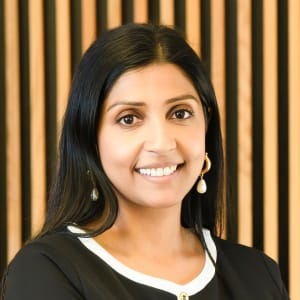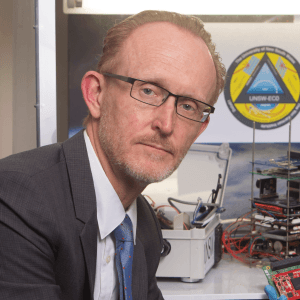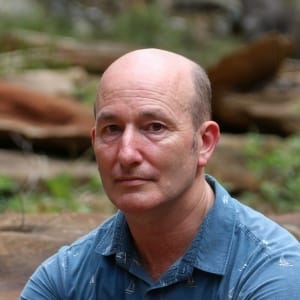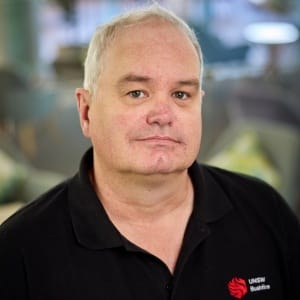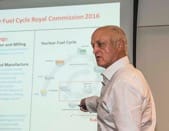
 “Australian energy policy”
“Australian energy policy”
Professor Robert Clark AO FAA DistFRSN
Chair of Energy Strategy and Policy, UNSW
Thursday 25 February 2016
Hamilton and Parkes Rooms, Level 47, MLC Centre, King and Castlereagh Streets, Sydney
Professor Robert Clark has had a distinguished career, having headed a research group in experimental quantum physics at Oxford’s Clarendon Laboratory and been the Chair of Experimental Physics at UNSW. He has been head of the Australian Research Council Centre of Excellence for Quantum Computer Technology at UNSW and has been Australia’s Chief Defence Scientist and CEO of the Defence Science and Technology Organisation.
The agreement resulting from the Paris climate change conference held in December 2015 is one of the most important initiatives to address climate change so far. Some key points that came from a conference that will affect Australia other massive investment in solar energy technology (India and China have committed US$1 trillion to the development of solar energy technology over the next decade or two. Australia has committed to emissions targets of a 5% reduction (compared to 2000 levels) by 2020 and, by 2030, a 26-28% reduction compared to 2005 levels. In addition, Australia has committed to a target of 24% of Australia’s generation capacity to be renewable by 2020. Nonetheless, German modelling shows that very large amounts of coal, oil and gas will be required to meet global energy demand at least until 2050 and probably well beyond then. Over the next 20 years, the urbanisation of India’s population and the investment in base-load, coal-fired power generation capacity, even taking into account substantial expansion of nuclear capacity will result in a very substantial increase in coal-based CO2 emissions. Australia’s energy requirements are characterised by having very large amounts of LNG, coal, coal-seam gas and shale gas but a deficiency in liquid fuels – most of Australia’s liquid fuels are imported.
Professor Clark has devoted several years to looking at a number of specific problems in the energy sector and gave several examples of his work. One major user of liquid fuels is freight forwarding. The movement of freight accounts for 194 billion freight-tonne-kilometres per year. Of this 151 billion is moved by B-double trucks (there are 84,000 of these servicing freight routes in Australia). Converting these trucks from diesel (most of which is imported) to LNG (which could be sourced locally) would result in a substantial improvement in emissions (gas produces a little over 70% of the CO2 that diesel emits, for the same energy output) and would have a noticeable impact on Australia’s liquid fuels balance and the current account.
Nuclear energy is an area that has been contentious in Australia. In the last few years, there has been a call to consider installation of substantial base-load nuclear generation capacity. Professor Clark noted that the future total Australian electricity generation requirement at the investment horizon is about 250 TW-hours. If nuclear generation capacity were to provide 15% of this, it would require five 1,000-MW nuclear reactors – one near every major city. The political, planning and capital requirements of such an investment are probably insurmountable. On the other hand, if Australia were to export uranium (on a lease, not sale basis, so that the uranium can be tracked, accounted for and ultimately returned to Australia for reprocessing or final storage), the impact on global CO2 emissions by supplying Australian uranium to existing and proposed nuclear generation plants, particularly in China and India would provide 10 times the impact on CO2 emissions compared to building base-load generation in Australia. This case demonstrates the importance of taking a global perspective on CO2 emissions and climate change, rather than a purely domestic analysis.
Professor Clark concluded by observing that there is still a need for substantive policy development in this area. The recent Energy White Paper 2015 is more of a statement regarding the energy situation, than a policy document. An important point that emerged from Professor Clark’s wide-ranging talk is that energy policy ultimately will need to address a complex mix of fossil fuels and renewable energy sources.
The Four Societies Lecture is presented annually by the Royal Society of NSW, the Australian Institute of Energy, the Nuclear Panel of Engineers Australia (Sydney Division) and the Australian Nuclear Association.


